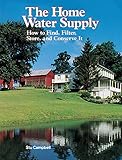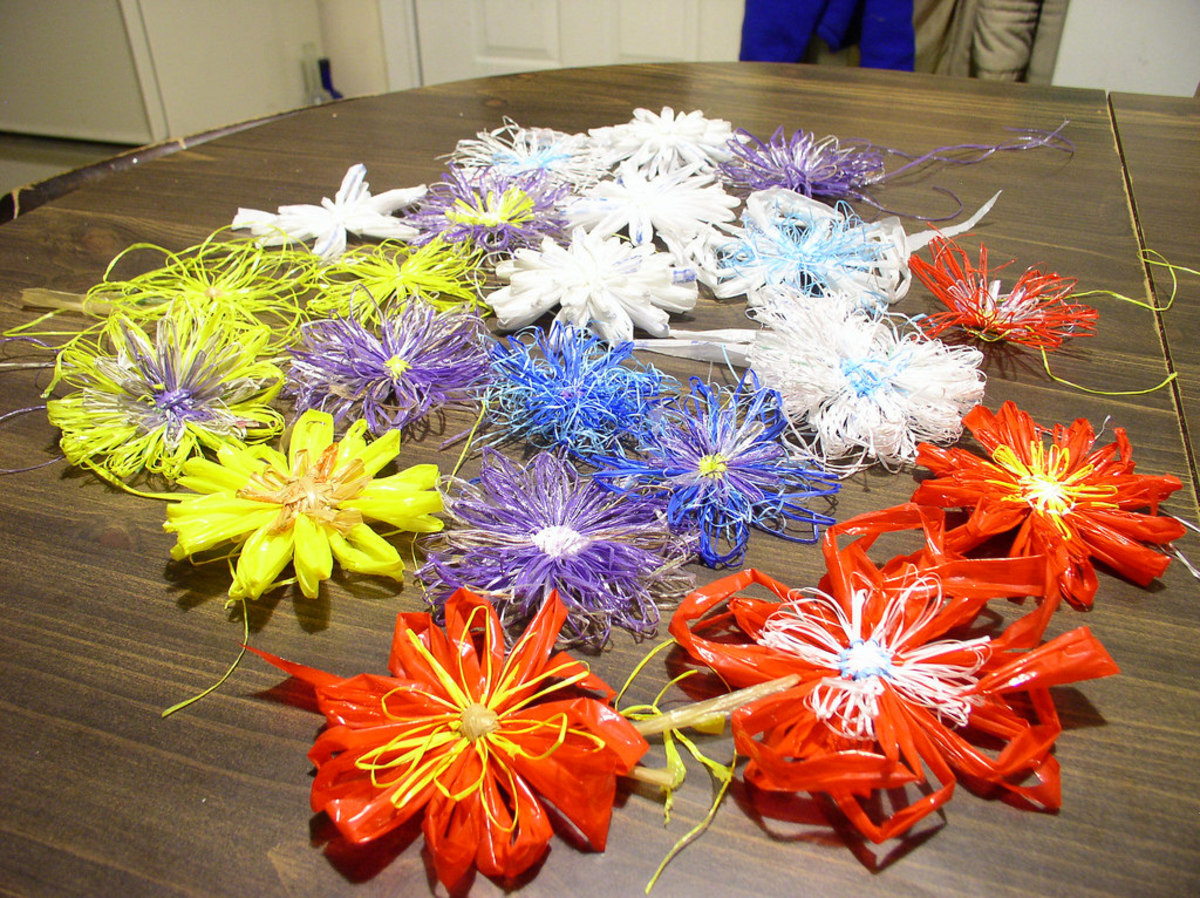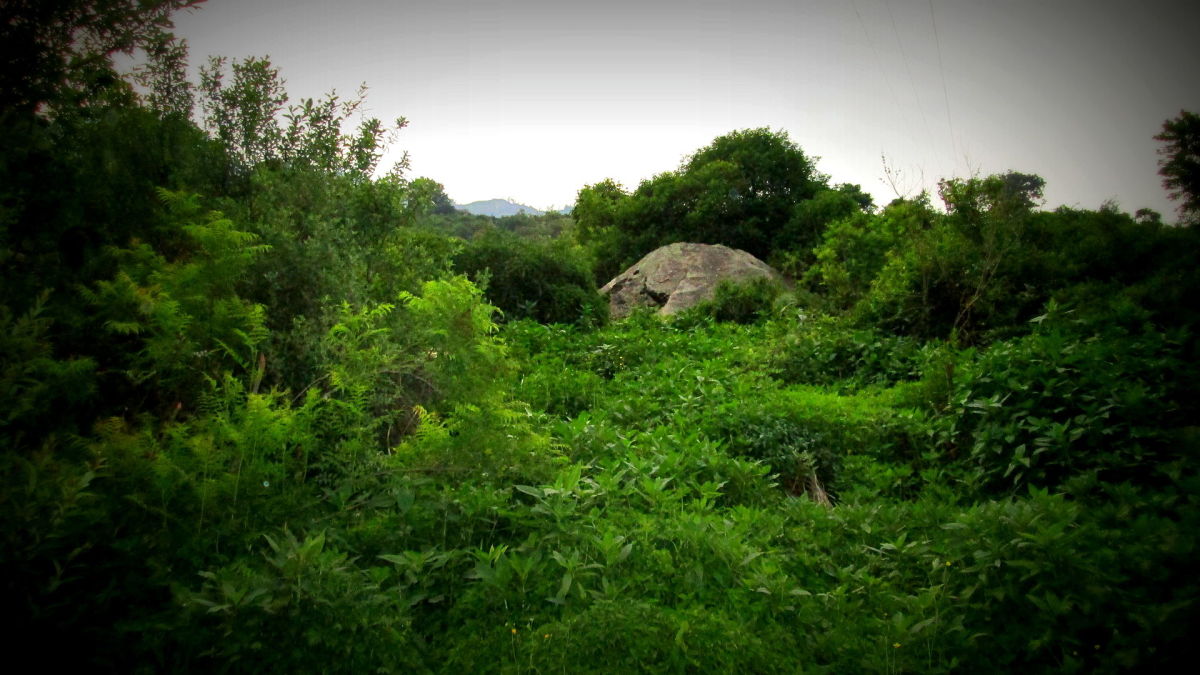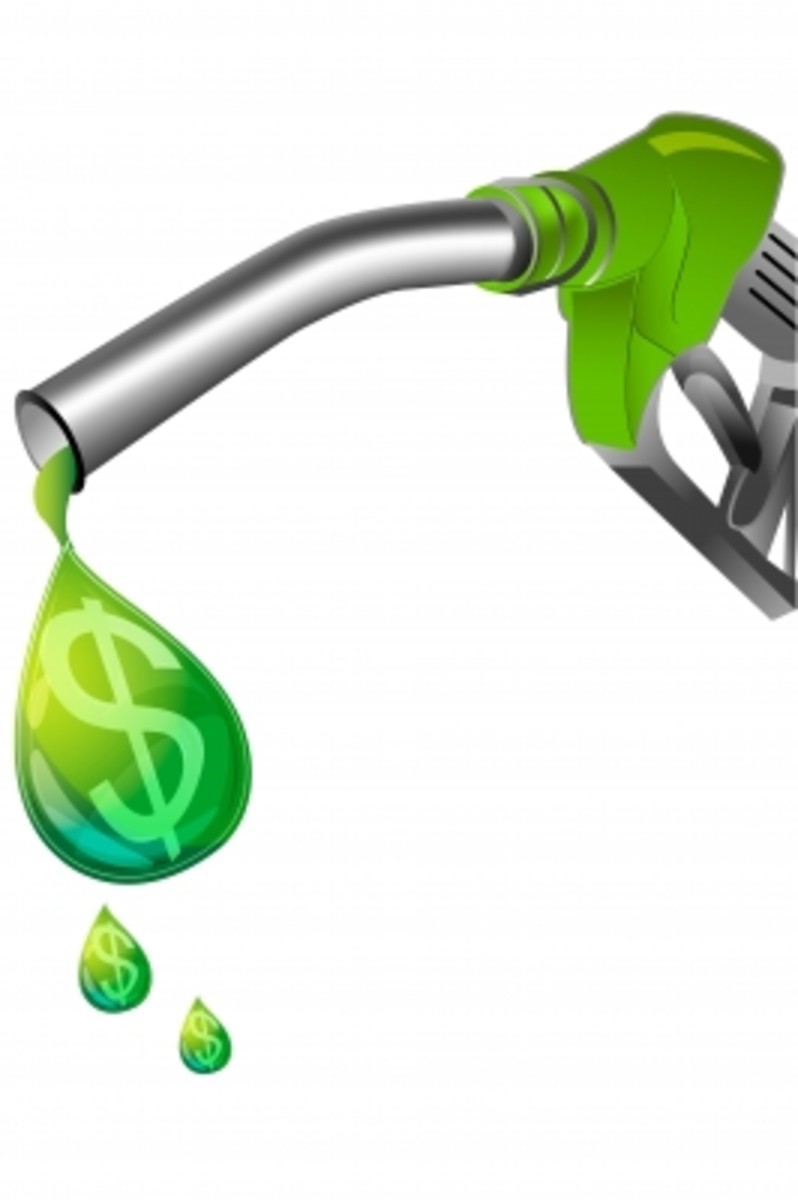Sustainable Living in the 21st Century
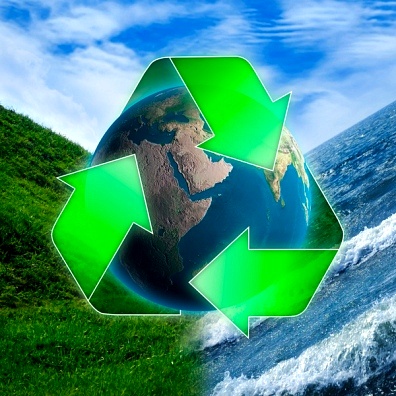
Introduction
Sustainable living is a way of living that conserves personal resources and those of planet Earth. With growing scientific evidence that our current way of life is non-sustainable, and with all the instability in the world, it makes sense to adopt a more sustainable lifestyle. Since the Industrial revolution of the eighteenth and nineteenth century, and the popularity of the automobile in the early 20th century, our planet is becoming more fragile each day; this can be seen in the unusual global weather patterns such as severe droughts, flooding, water shortages and other so called acts of God.
Take a look at the food supply; grocery stores are completely dependent on trucks to keep the shelves stocked; if something happen to disrupt this supply link, store shelves will be empty in a mater of days. Another example is delivery of gasoline; once again, if the trucks stop deliveries it wont be long before everything slows to a stand still. With these concerns, it makes sense to have your own way of feeding an caring for you and your family. This will take a commitment of time, education and personal resources, but the rewards are worth it; you will become more self reliant, better educated on what to do.
Conserve Water
Although most of the earth's surface is covered by water, most of the usable fresh water is a small percentage of the total available water on the planet. As the earth's population continues to grow in the next decade or two, access to clean drinking water could become a bigger problem than peak oil.
- Do dispose of waste oil properly; do not pour it down a storm drain; pouring oil down a storm drain will contaminate thousands of gallons of fresh water.
- Make sure your toilets aren't leaking; when a toilet leaks it can waste over 150 gallons of water a day.
- Don't allow the water to run while you brush your teeth; use only what you need and turn off the water off.
- Try to take shorter showers, or take a bath.
Conserve Electricy
Often when we utilize electricity, we forget much of it comes from coal fired power plants. So please do your part in reducing pollution by turning off unused appliances.
- Turn off lights when not in use; change standard bulbs with low watt power saver bulbs.
- When running air conditioner or heater make sure all windows and doors are sealed.
- When you need to use dishwasher make sure you run a full load. If you have a few dishes and cups wash them by hand.
- When using washer use only when you have a full load. If you have a few things to wash wash them in the sink.
- If you need to dry a few damp towels or cloths air dry them don't use the dryer it uses a lot of power. Hang them up outside.
- If you are going to be away from home during the summer months turn air conditioner up to 80 or 85 degrees when you leave.
- If you are going to be away from home in the winter months turn heat down to 65 degrees.
- When the curling iron and blow dryer aren't in use unplug them; despite their small size they use a lot of power. Also, if you aren't watching TV or using your computer turn it off. If your TV or Computer is running for hours and no one is using them it can make a difference on your electrical bill.
- Consider replacing your existing hot water heater with a tank-less water heater, or lower the temperature on your existing hot water heater.
- If Possible and if you have abundant sunlight consider installing solar panels to help offset your electrical usage.
Grow your own food
In the United States not so long ago, there was a time when many families grew their own food. In the early part of the twentieth century, as more people left the farm for the city, the skill of growing food was lost; consequently, many of us in this age of instant gratification don't know where to start to relearn this skill. As people lost the ability to grow there own food, dependency on larger mega farms for their produce became the norm. This caused waste and unnecessary consumption of fuel to transport produce to customers. Consider starting your own garden; even a small garden can provide healthier produce than the local supermarket. Your home grown produce will be heather and taste better; as it would only be picked when ripe not green.
- Educate your self on how to set up and create a small garden.
- Grow some if not all your own food to know and control what is going into your bodies; When you buy food at the local markets you can never be sure what chemicals were used, or how sanitary the produce in question really is.
- Don't use man made chemicals in or around your little garden.
Reduce the usage of Petroleum in Automobiles
With the impact of fossil fuels on air quality, its expense, and the declining supply of crude oil, this is one of the most pressing problem in the world today. While is would be difficult to eliminate petroleum products from our lives, it is possible to reduce your carbon footprint.
- Carpool, use public transportation, or if you live in suburbs use park and ride.
- Combine many smaller trips into one trip, and arrange your stops in a logical order.
- Maintain your car in top shape,and make sure tires are at proper tire pressure; if you have multi-cars in your household, try to run errands in the most fuel efficient one.
- When possible don't idle engine more than a few minutes.
- On hot days use Air Conditioner when driving greater than 50 MPH.
- Use overdrive to lower engine RPM which will save gasoline.
- Turn off unnecessary electrical items in your automobile.
Location is Everything
Try to Work, Shop and Live in the same area. In addition to saving gasoline, you will help strength the local economy too.
- Do shop with local businesses
- Do park your car so you don't have to move it each time you leave a store. Walk between stores in a shopping center.
- If possible when running errands, ride a bike or walk
Talk to your local Congressman about Alternate Energy Plans and follow up on the progress
With rising fuel costs, peak oil, and the negative impact on the environment, making the shift from oil to alternative energy sources seems like an attractive option. Also, with the tax breaks offered by participating governments, there has been an increase in the number of companies interested in alternative energy power generation. While it is nice to have a few companies interested, it would be better if our leaders showed true leadership and developed a passion for energy independence back in the 1970s, following the oil crisis of 1973. I am not going to say it is too late, but it is very late in the game to fix this problem. Energy independence means national security too.
- Follow the issues and debates related to energy
- Education your self about the politics surrounding energy
- Don't be afraid to call your congress man and ask questions
- Encourage your friends to become involved
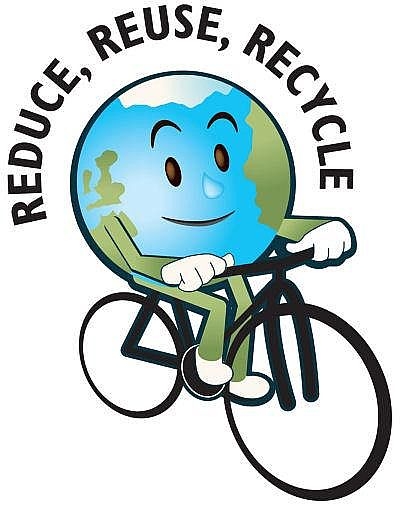
Recycle
Recycling is the reprocessing of old materials into new products to prevent waste. By recycling old materials energy is saved, a reduction in pollutions is achieved, and the local land fill has less waste to store. Typical recyclable materials include glass, paper, plastic, metal and some electronics. Look around your home; if you have an old computer that doesn't work any more recycle it. If you have old magazines, or aluminum cans recycle them. The energy savings aren't small; in the example of cans, the energy savings is greater than ninety percent. So recycling is win-win for the consumer, business and the environment.
Conclusion
It is more important than ever to put sustainable living into practice. With major concerns on the horizon such as peak oil, world wide water shortages, and world population increases, it is more important than ever to take these issues seriously. It is obvious the Americanized lifestyle isn't going to last much longer. Too much of the worlds resources are consumed and wasted to accommodate a small percentage of the world's population. Putting sustainable living into practice is more important than ever; Recycle that stack of newspaper in your garage; buy quality shoes, clothing and tools that will last for years instead of months; yes you will pay more but it will last longer with less junk in a land fill. Conserve water and watch your usage of electricity . Gradually make these changes now; in the coming years, it won't be such a shock when these changes go from optional to mandatory.
Additional Information
- Wikipedia.org - Sustainable living definition
- EarthEasy.com - Information on sustainable living
- Lehmans.com - Source for Antique tools etc.
- Indexmundi.com - Map showing world oil consumption by country

